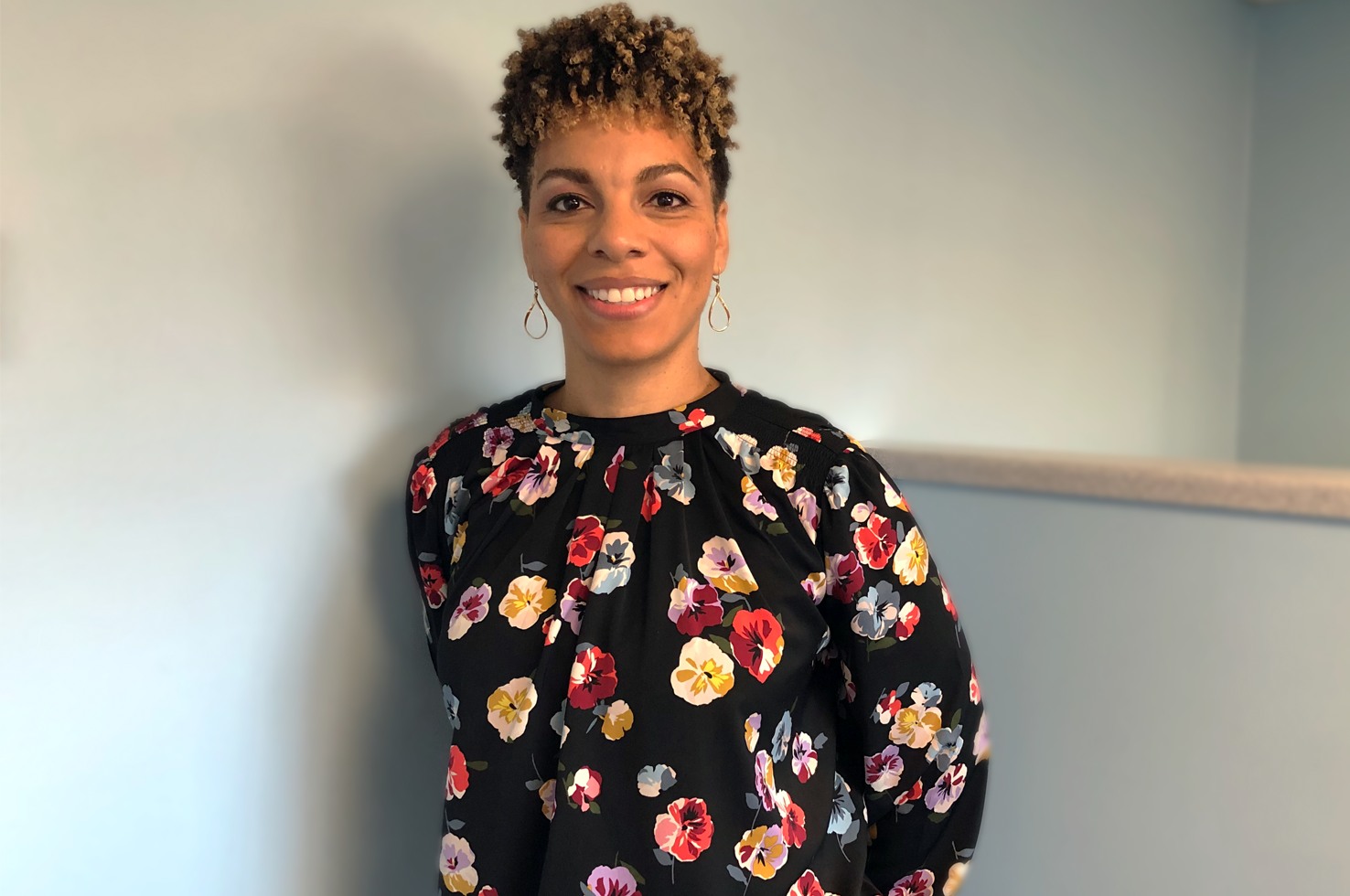Community-Engaged Research on Toxic Stress and Mental Health Intervention Access

Paula Marie Powe, MD (Assistant Professor of Psychiatry), a child and adolescent psychiatrist, is medical director of the Matilda H. Theiss Child Development Center in Pittsburgh’s Hill District. Dr. Powe’s clinical interests focus on trauma prevention and treatment in early childhood. At the Theiss Center she works with children who are at risk for behavioral and emotional issues and their families.
Dr. Powe additionally conducts research on the effects of toxic stress on child development, as well as mental health awareness in the Black church. She sat down with us to discuss two current projects pertaining to these interests.
Tell us about your work with Black fathers.
I’m conducting a qualitative research study with Black fathers in Allegheny County to assess their knowledge and attitudes about the neurodevelopmental effects of toxic stress and resilience factors. Our team, including Allison Collier, MD (PGY5 Child Fellow), and Mark Nakhla, MD (PGY4), is conducting focus groups with fathers. We show them a short video that demonstrates how toxic stress affects a child’s brain development and what caregivers can do to help protect children from toxic stress. In addition to assessing their personal experiences of childhood adversity, we assess their knowledge of toxic stress, brain development, and resilience before and after the video to see what knowledge they have gained and how this knowledge might affect future interactions with their children.
Why focus on Black fathers in particular?
Research does not sufficiently incorporate the views nor the experiences of Black fathers. And there is a false and damaging narrative that Black fathers aren’t involved in their kids’ lives. In fact, there was a study published by the Centers for Disease Control in 2013 that found that Black fathers were more involved in the daily events of their children’s lives than fathers of other ethnicities. This held true even when they did not live in the same households as their children.
What is the goal of this project?
Ultimately, our goal is to create a community intervention to help protect children from toxic stress. We want to protect kids and help them have the best possible brain development.
Thank you. Moving to your second area of research, what is the CHURCH Project?
CHURCH stands for Congregations as Healers Uniting to Restore Community Health. This community-based participatory research project is funded through the University of Pittsburgh’s Center for Interventions to Enhance Community Health (CiTECH), which bridges the Department of Psychiatry and the School of Social Work. Our goal with the CHURCH Project is to create a cognitive behavioral therapy (CBT)-based, biblically aligned intervention to be piloted in Black churches in Pittsburgh’s Homewood community. CBT has been recognized as congruent with biblical principles.
What is the connection between the church and mental health?
African Americans are less likely to go to psychiatrists or therapists if they experience mental health challenges. Instead, many will speak with a pastor or other church leader. Through this project, we aim to bring behavioral health services to where people are instead of expecting them to come to us.
So, will pastors be providing mental health services to their congregations?
We are working with pastors on a needs assessment to see what the mental health needs are in their church communities, and whether there is openness to intervention. We also want to gauge how comfortable they are identifying what they can handle and what they might need to refer out. But the goal is not to teach pastors—the intervention is more likely to be used by small-group leaders to roll out in their regular meetings. We aim to take some of the pressure off senior pastors.
Thank you for speaking with us, Dr. Powe!
